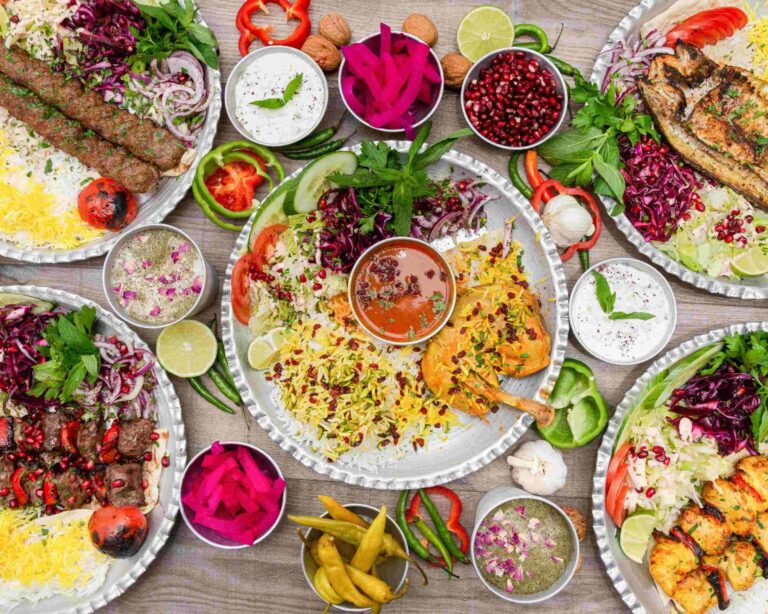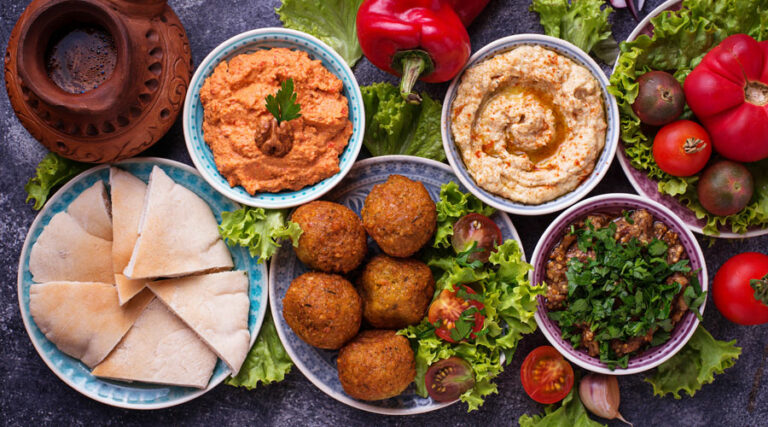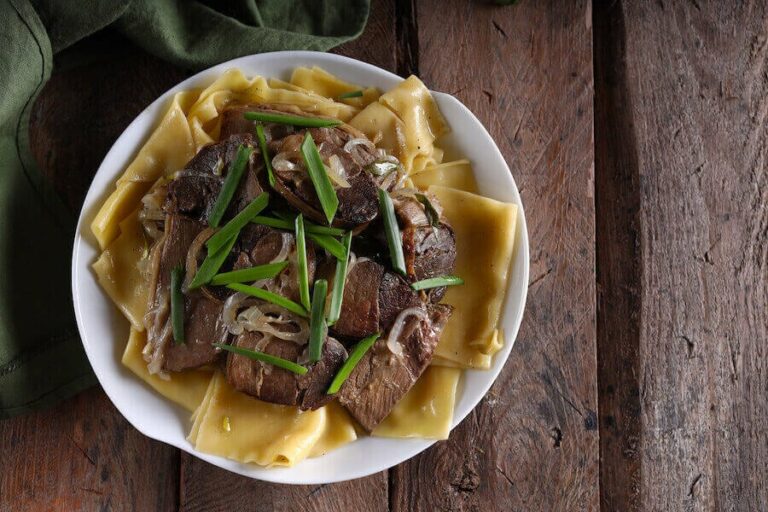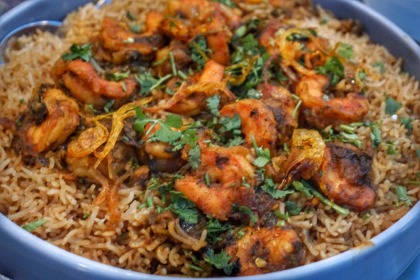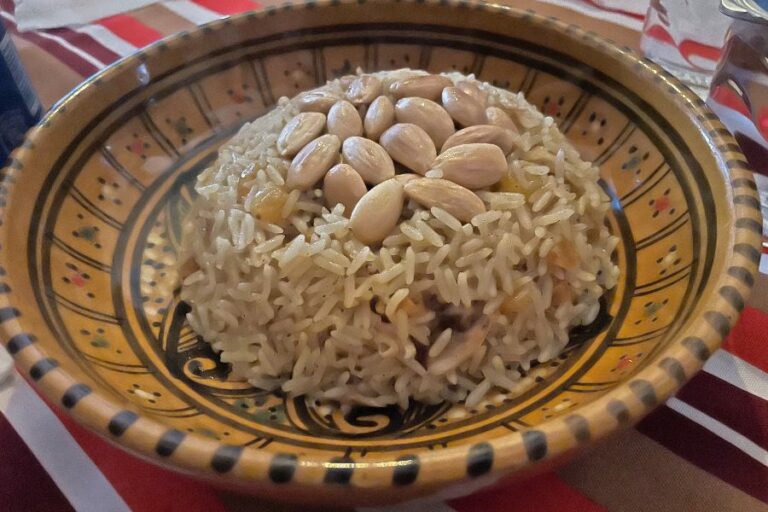Introduction: Iranian Hospitality and Food Culture
Iranian culture is renowned for its hospitality and warm welcome to guests. Food is an integral part of Iranian culture, and it is often used as a way to show hospitality and respect to visitors. The tradition of hospitality is deeply rooted in Iranian culture and is seen as a way to strengthen bonds between people and foster a sense of community.
The Importance of Hospitality in Iranian Culture
Hospitality is highly valued in Iranian culture and is seen as a way to demonstrate respect, honor, and generosity. Guests are considered a blessing, and hosts go to great lengths to make them feel comfortable and welcome. Iranians believe that hosting guests provides an opportunity to establish lifelong friendships and strengthen familial and community ties. They also believe that serving food to guests is a way to show gratitude for their presence and to honor them.
Meals in Iranian Culture: Sharing and Community
Meals in Iranian culture are not just about satisfying hunger, but they are also about fostering a sense of community and belonging. Iranians often share meals with family, friends, and even strangers. Eating together is seen as a way to build relationships, share stories, and exchange ideas. Iranians also believe that sharing food is a way to express love and care for others.
Iranian Cuisine: Dishes for Hospitality and Sharing
Iranian cuisine is diverse and reflects the country’s rich cultural heritage. Many Iranian dishes are suitable for sharing and are often served as part of a larger meal. Some popular Iranian dishes for hospitality include kebab, stews, rice dishes, and various types of bread. Iranians also serve a variety of desserts, fruits, and tea to their guests.
Festivals and Rituals: Celebrating with Food in Iran
Festivals and rituals are an essential part of Iranian culture, and food plays a significant role in these celebrations. Iranians celebrate various festivals throughout the year, and each festival has its own traditional dishes. For example, during the Persian New Year or Nowruz, Iranians prepare a special dish called Sabzi Polo Mahi, which is a rice dish served with herbs and fish. Iranians also celebrate religious festivals such as Ramadan and Eid al-Fitr by sharing meals with family, friends, and the less fortunate.
Conclusion: The Role of Hospitality and Food in Iranian Identity
In conclusion, hospitality and food are essential aspects of Iranian culture. Iranians take pride in their tradition of hospitality and go to great lengths to make their guests feel welcome. Sharing meals is seen as a way to build relationships, create a sense of community, and show respect and honor. Food is also an essential part of Iranian festivals and rituals, and traditional dishes are prepared and shared with family, friends, and the less fortunate. Overall, hospitality and food play a vital role in shaping Iranian identity and culture.

